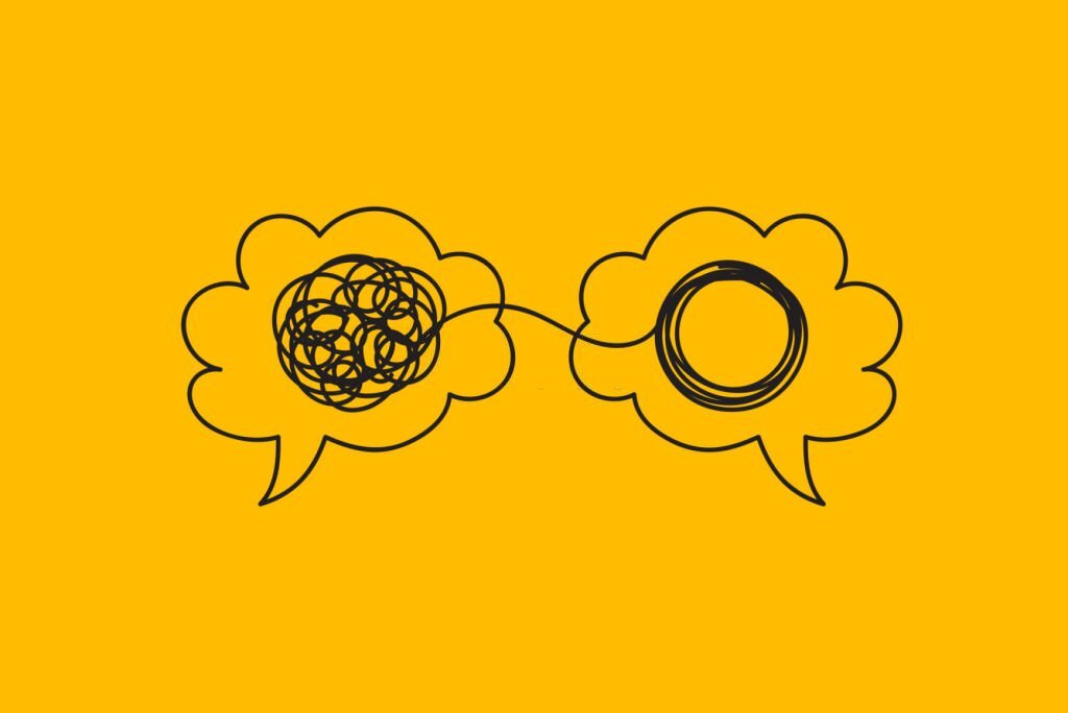When a person is diagnosed with a serious mental health disorder like schizophrenia, it is often easy to determine when something is wrong. However, telling if everything is alright is a completely different story.
If you or your loved one is undergoing cognitive therapy, there are a few things that will let you know that the procedure is indeed working.
Table of Contents
Other People Start to Observe Positive Changes
The primary focus of cognitive therapy is to help people achieve specific goals in the real world. Once this happens, even the people around you will also begin to notice the changes. Most importantly, those who are closest to you will surely be as happy and excited as you are with the progress you have made.
You are Getting Closer to Your Long-Term Goals and Objectives
Cognitive therapy is most effective for people who are diagnosed with a serious mental disorder if it is associated with long-term recovery goals, like living independently or finishing college.
To measure your progress with your short-term goals, you can break down your bigger recovery goals into several smaller ones.
You Get Measurable Results
One of the responsibilities of your therapist is to give you a means of measuring your progress. For example, you can monitor the progress you make every week. The therapist must also provide comprehensive testing that will measure the overall improvement you make in your thinking skills during the program.
With cognitive behavioral therapy, the therapist should assist and guide you in setting specific goals as well as a timeframe for when you should achieve them. Most CBT providers also assign homework to their clients at the end of every session. It will be easier and faster for both you and your therapist to measure and gauge the results by focusing on certain exercises, tasks, and assignments.
You Have Acquired New Skills
Skills should be specific, observable, and enduring. This is an ability that merges behavior and knowledge to do things that will create major differences in your life. Honing a positive attitude is not considered a skill in itself. The real skill is the ability to use a thought record in cognitive behavioral therapy to assess and respond to your automatic negative thoughts.
You Enthusiastically Anticipate the Next Session
Cognitive therapy is never about going through all your past feelings or your old problems. Instead, it is all about acquiring and learning more new skills and taking steps as you move on with your life. if these things happen during your CBT sessions, chances are you will feel great about them, making you want to come back for another. That feeling you are starting to get better is no doubt the most critical indicator of CBT’s success.
Hi, I’m Sophia! Welcome to my blog Try Stress Management (trystressmanagement.com), where I share simple, down-to-earth ways to handle stress and bring more calm into everyday life. Think of me as your friendly guide, offering practical tips, reflections, and little reminders that we’re all figuring this out together.
When I’m not blogging, you’ll usually find me with a good book, sipping tea, or exploring new walking trails. I believe small changes can make a big difference—and that a calmer, happier life is possible for everyone.
